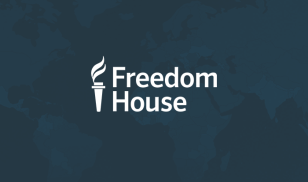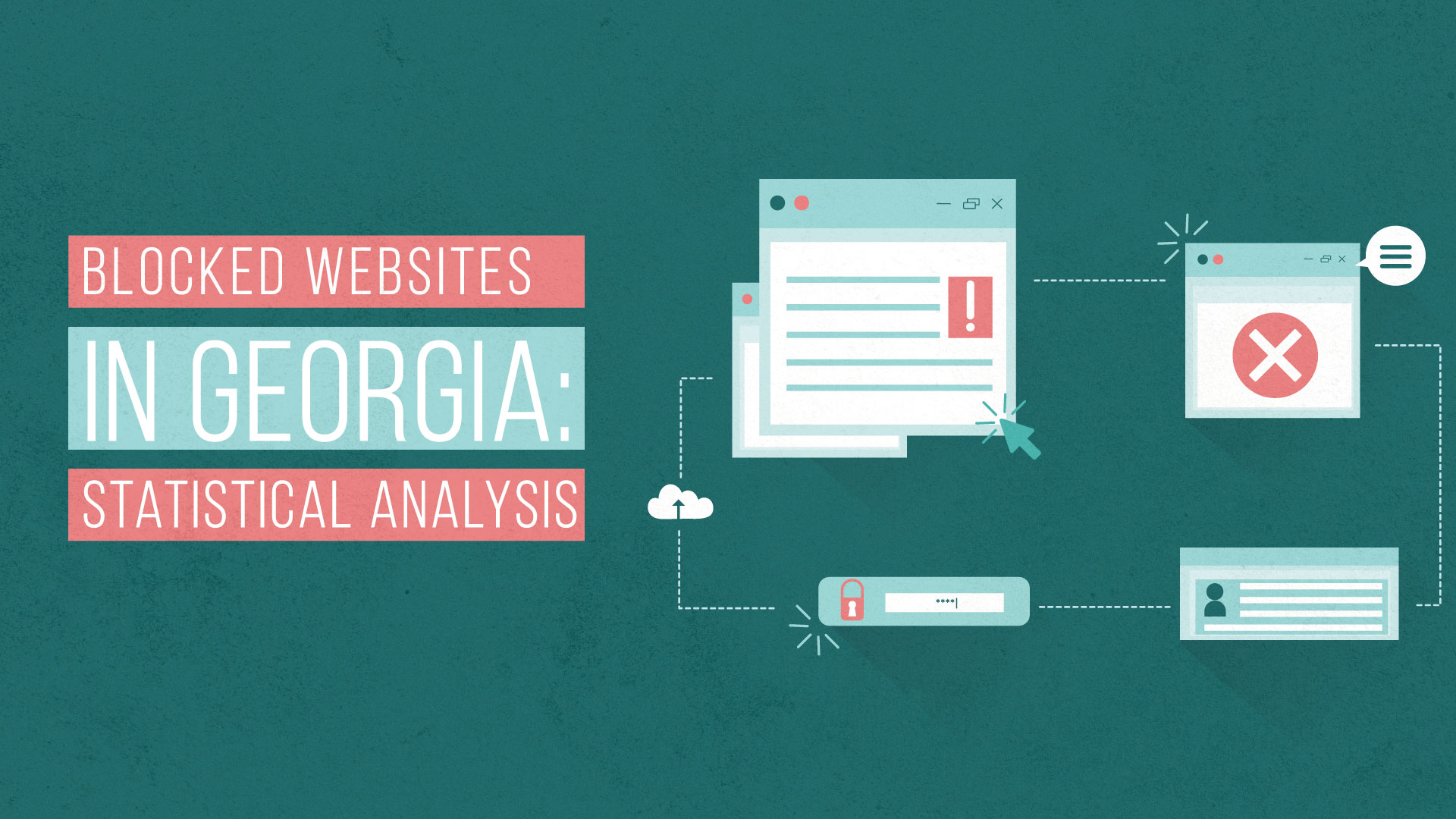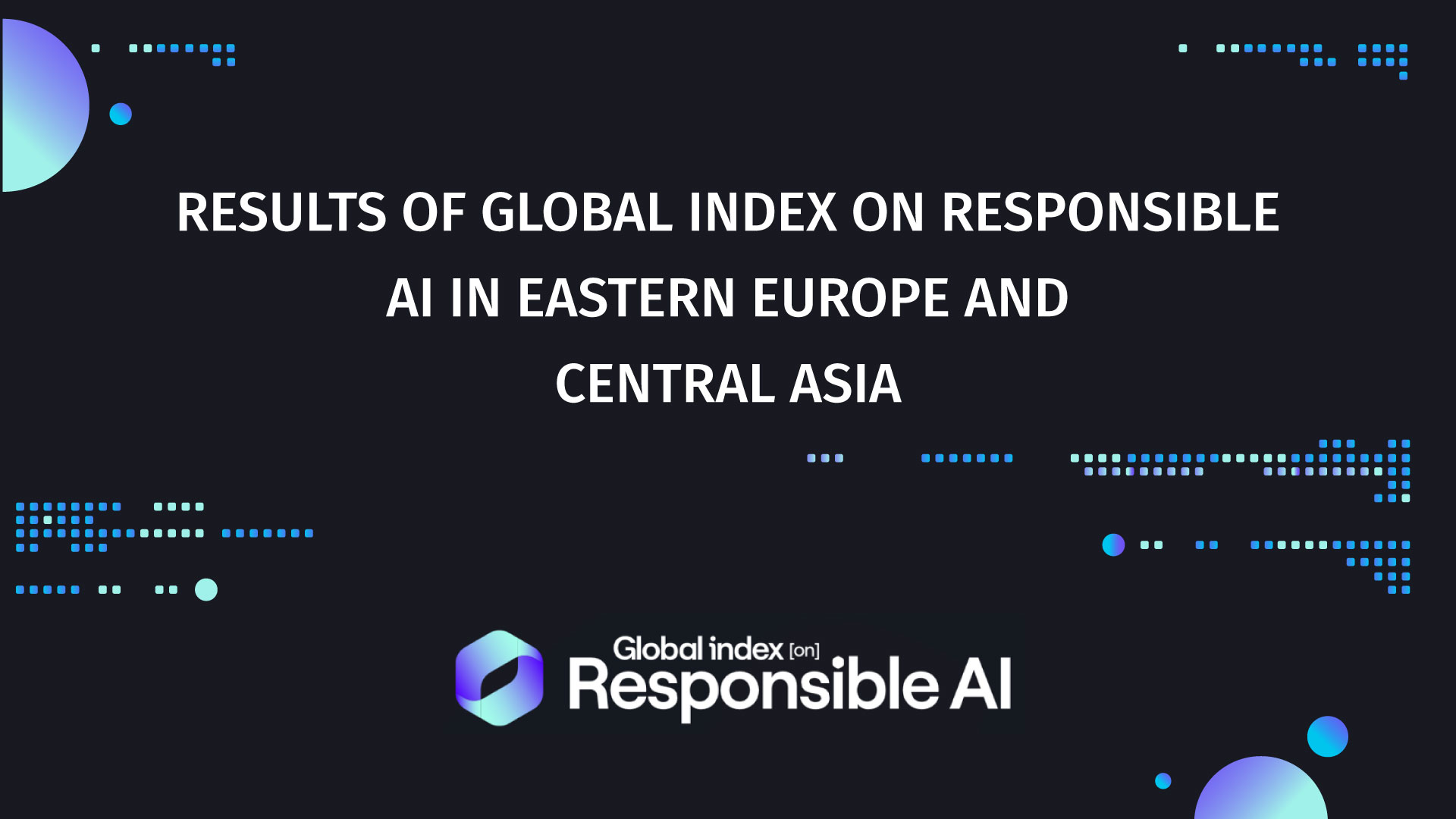
In October 2024, Freedom House released the report Freedom on the Net 2024: The Struggle for Trust Online, according to which global internet freedom declined for the 14th consecutive year as conditions deteriorated in 27 countries.

In the 2024 United Nations e-Government Survey, Georgia showed slight improvements in its e-government and e-participation development scores. However, its rankings in both indexes declined, with the country dropping nine places in the e-government index and five places in e-participation. When compared to global trends and regional counterparts, Georgia's progress in this area, particularly in providing online services, appears to be slow.

In September 2024, Georgia signed the Council of Europe Framework Convention on Artificial Intelligence – Artificial Intelligence and Human Rights, Democracy, and the Rule of Law.

On November 14, 2022, IDFI published a study titled 'Blocked Websites in Georgia: Legal and Practical Analysis,' which examined the legal framework for website blocking in Georgia, including its regulatory normative bases and the nuances of its practical enforcement. As part of the research, the indicators of website blocking in Georgia from 2017 to September 2022 were evaluated.

As part of the study, the Center collaborated with 16 regional hubs, including the Institute for the Development of Freedom of Information (IDFI), which oversaw Eastern Europe and Central Asia (12 countries), to assess a total of 138 countries.

In June 2024, the Global Center on AI Governance released the first edition of the Global Index on Responsible AI (GIRAI). GIRAI represents the first tool to establish and assess globally-relevant benchmarks for responsible AI across various countries.